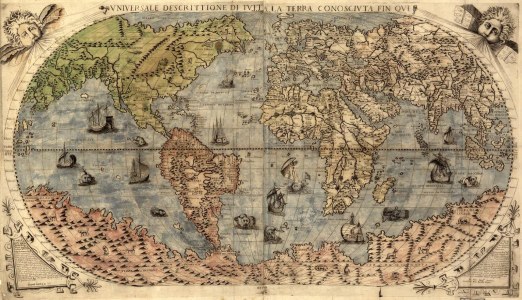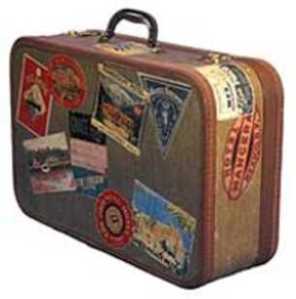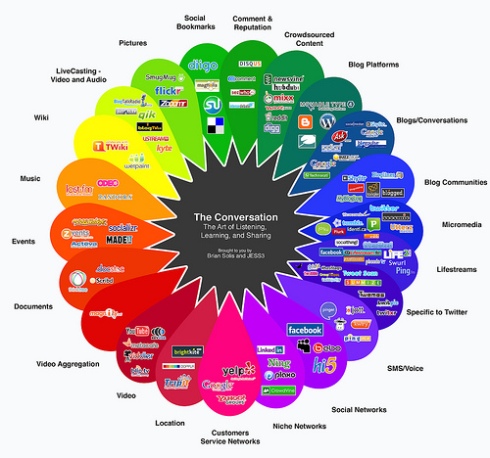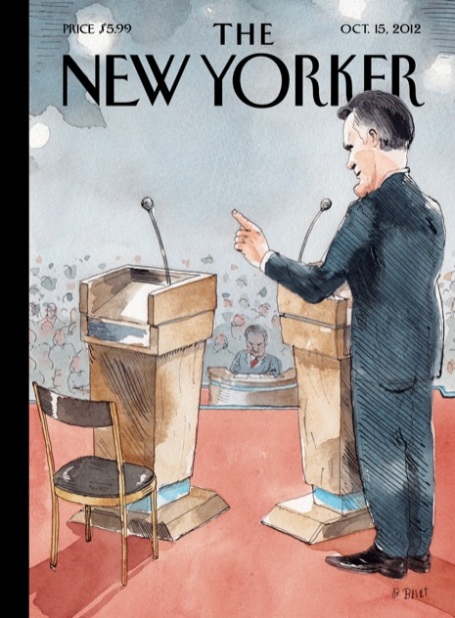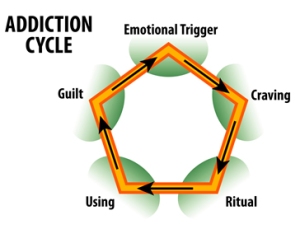
I have an addiction. I’m able to put it off for months, sometimes even years, but it always comes crawling back. Sometimes I try and fight it, to avoid it, and stay as far away from it as I can. Other times I rush towards it. I want it. I need it. And when I get it, I let it consume me. Yes, I’ve called in sick for work, skipped classes, and even put off my family and friends to feed my addiction and wallow in its pleasure.
For those of you who have had an addiction, I know you, like me, occasionally look back and wonder when it all started and what led you to it.
For me, I was led to it early in my youth, around 1st or 2nd grade. There were two things that influenced me to start down this path. One I found at school, in the library, and the other at home, from my youngest uncle, whom I viewed as an older brother.
Those early years only fanned the flames, stirred my passions and created within me an unquenchable desire. One I didn’t fully understand. One that I couldn’t fully satisfy.
After years of anticipation, I tried it for the first time in 7th grade. It was just want I’d always wanted. It satisfied the cravings I’d had for so long. But I wasn’t fully obsessed until around the fall of my 9th grade year. From there it only got worse. It followed me through high school. I spent so many nights staying up past 1 or 2 in the morning, and hating myself for my weakness as I dragged myself though school the next day.
I was able to put it off for a few years while I was in living in Ukraine, but once I got back to the States, and had the time, the means, and easy access to what I needed, I found it, and I took it.
Even on my military deployment to Iraq I was able to find what I needed and feed my addiction.
When I returned to my studies I was able to put it off for the most part, indulging in it just a little bit during Christmas break, or between summer classes. My desire for good grades out weighed my need for satisfaction, and I finally thought I was overcoming my weakness… but recently, I’ve fallen back into my addiction. It’s not good, and it certainly isn’t helpful while trying to maintain my grades as a graduate student.
But what can I do? I love fantasy.
Yes, that’s right. I love fantasy books. In fact, I’m addicted to them. If I don’t read one at least ever 8 months, I go into withdrawals. I shake and stuttered and yearn for the things I love: adventure, rich characters, amazing castles, incredible creatures, powerful wizards, and potent magic.
I think it started in elementary. I loved the Eyewitness books. My favorite books were the historic civilizations (Rome, Egypt, Greece) and the ones that covered the Dark Ages, knights and weapons.
On top of it, my uncle had a lot of Legos. He’s eight years older than me, and when I was about 5 he gave me all of his. My favorite ones were the castle Legos. I could build armies and fortress, and have adventures and battles. But as I got older, it wasn’t enough.
Around Easter of my 7th grade year my parents bought me a book. It was titled The Hobbit.
I was instantly hooked. Here was something that satisfied me. It was another world, and one I instantly feel in love with. I realized that reading was my way to escape, to go on adventures, meet new people, make new friends, and see and experience new things. Things I could never experience in the reality of our world.
After I read The Hobbit, I started The Lord of the Rings, and I couldn’t put it down. I would read and read and read, until I realized I’d be reading the same page over and over. That’s usually when I knew it was time to finally go to sleep. I hated myself in the morning.
After I finished The Lord of the Rings, I needed something else. I needed a new hit, a new high. I didn’t have the Internet back then, so I couldn’t find a list of the best fantasy books, so I went to Barnes and Noble. I spent my time gazing at book covers (since many just seemed to have endorsements, but no summary of the story).
Since then I’ve traveled to the world of Krynn, part of the Dragonlance series of books. I’ve fought evil wizards with Richard Rahl from the Sword of Truth series, and I’ve gone on countless, quests, adventures, raids and battles in far distant places.
But of all the books and fantasy series I’ve invested time in, there’s one that’s not quite finished. One that I started when I was 15 (I’m 30 now) and one that is almost done: The Wheel of Time series.
In anticipation of the upcoming release of A Memory of Light, the 14th and final book in the series, I recently started rereading all of the books. They’re not small, averaging about 855 pages a book, but they’re so engrossing that I can’t put them down. It’s become hard choosing (and it’s a tough choice) to do homework or feed my fantasy addiction. Hopefully, as with other fantasy series, after I finish this I can pull back from satisfying my need for a while. I know it wont be forever (I still have to finish Game of Thrones), nor do I want it to be so, but I’ve got to get back to studying. (Sigh)
What about you? Are there any healthy, happy and distracting addictions you have?
Are there any other Wheel of Time fanatics out there? It’s okay, trust me, you’re not alone.
If you’ve never picked up the Wheel of Time series, I suggest you do. If you’ve never read fantasy, “it’s time to toss the dice.”
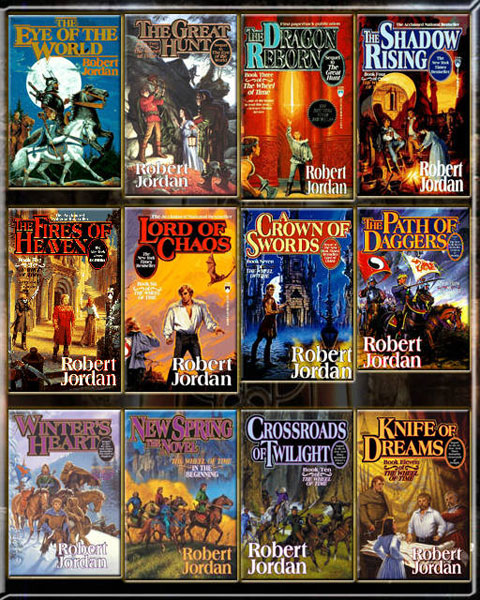
The first book cover is what sucked me in
